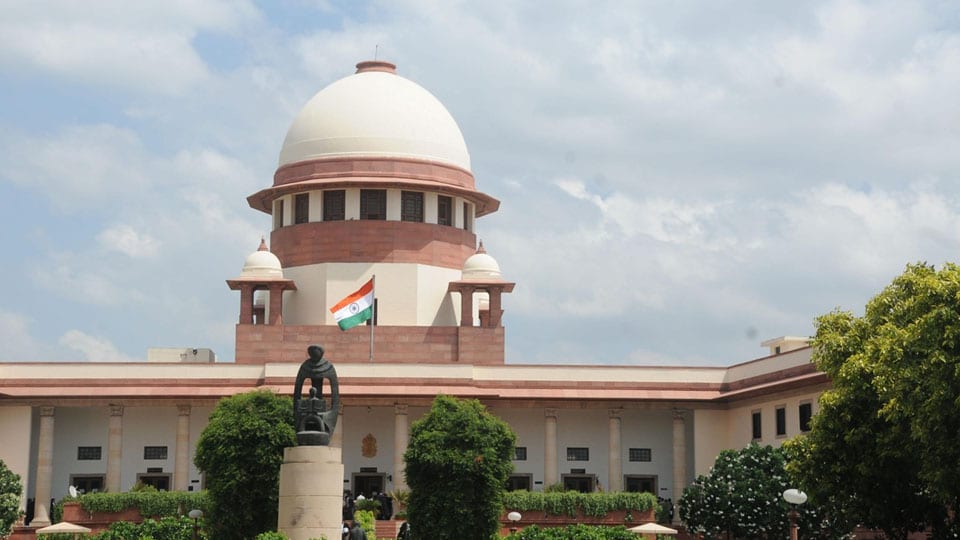New Delhi: In a landmark verdict, the Supreme Court this morning scrapped the controversial Section 377 — a 158-year-old colonial law on consensual gay sex.
“LGBT (Lesbian, Gay, Bisexual and Transgender) Community has same rights as of any ordinary citizen. Respect for each other’s rights, and others are supreme humanity. Criminalising gay sex is irrational and indefensible,” said Chief Justice of India Dipak Misra, who headed the five-Judge Bench hearing the case.
The judgment was delivered by a Bench of Chief Justice of India Dipak Misra and Justices Rohinton Nariman, A.M. Khanwilkar, D.Y. Chandrachud and Indu Malhotra. CJI Misra and Justices Nariman, Chandrachud and Malhotra delivered separate, concurring judgments.
The verdict was on five petitions moved by dancer Navtej Jauhar, journalist Sunil Mehra, chef Ritu Dalmia, hoteliers Aman Nath and Keshav Suri and business executive Ayesha Kapur.
The Supreme Court began hearing petitions against the ban in July, beginning an emotional debate over the right to freedom and privacy. While hearing the case, the judges have made observations that have largely given hope to the gay community.
Section 377 refers to ‘unnatural offences’ and says whoever voluntarily has “carnal intercourse against the order of nature with any man, woman or animal,” shall be punished by up to 10 years in jail under the 1861 law. Although prosecution under Section 377 is not common, gay activists say the Police use the law to harass and intimidate members of their community. Section 377 criminalises sexual intercourse that is penile and non-vaginal, deeming it “against the order of nature.” The law affects the rights of the Lesbian, Gay, Bisexual and Transgender (LGBT) population, in particular, but its provisions can also be applied to heterosexual citizens.
During 4-day hearing earlier this year, the Centre had said it would not contest the petitions, and left the decision to the “wisdom of the Court.” In its affidavit, the Ministry of Home Affairs said: “I state and submit that so far as the Constitutional validity (of) Section 377 to the extent it applies to ‘consensual acts of adults in private’ is concerned, the Union of India would leave the said question to the wisdom of this Court.”








Recent Comments